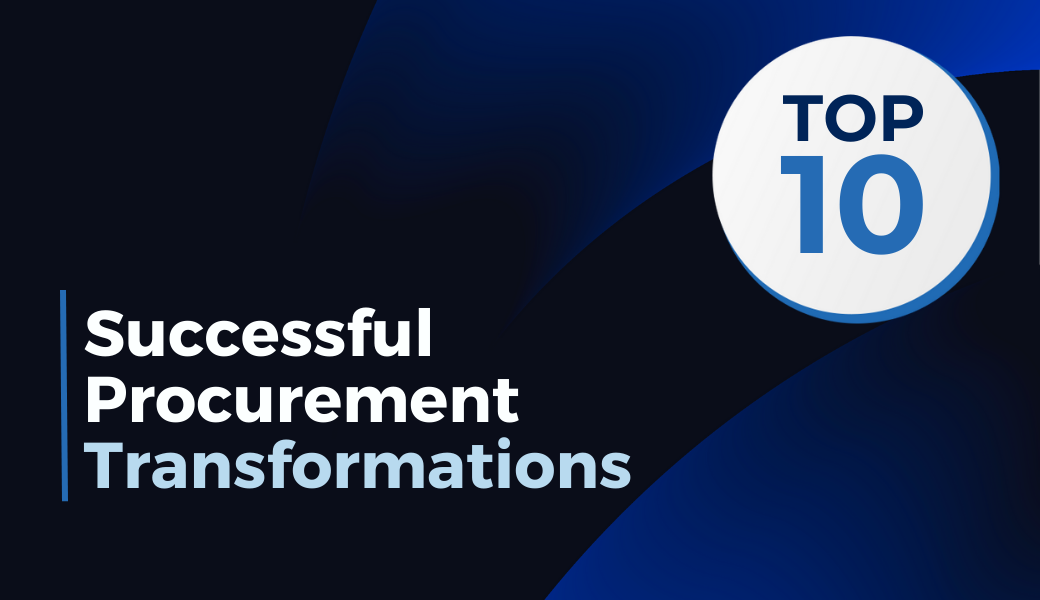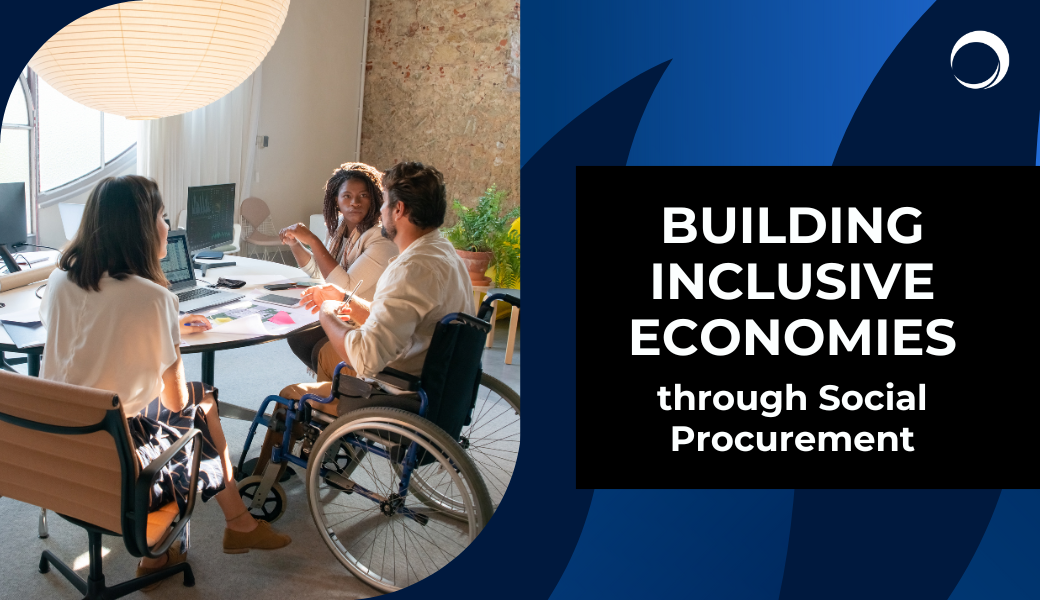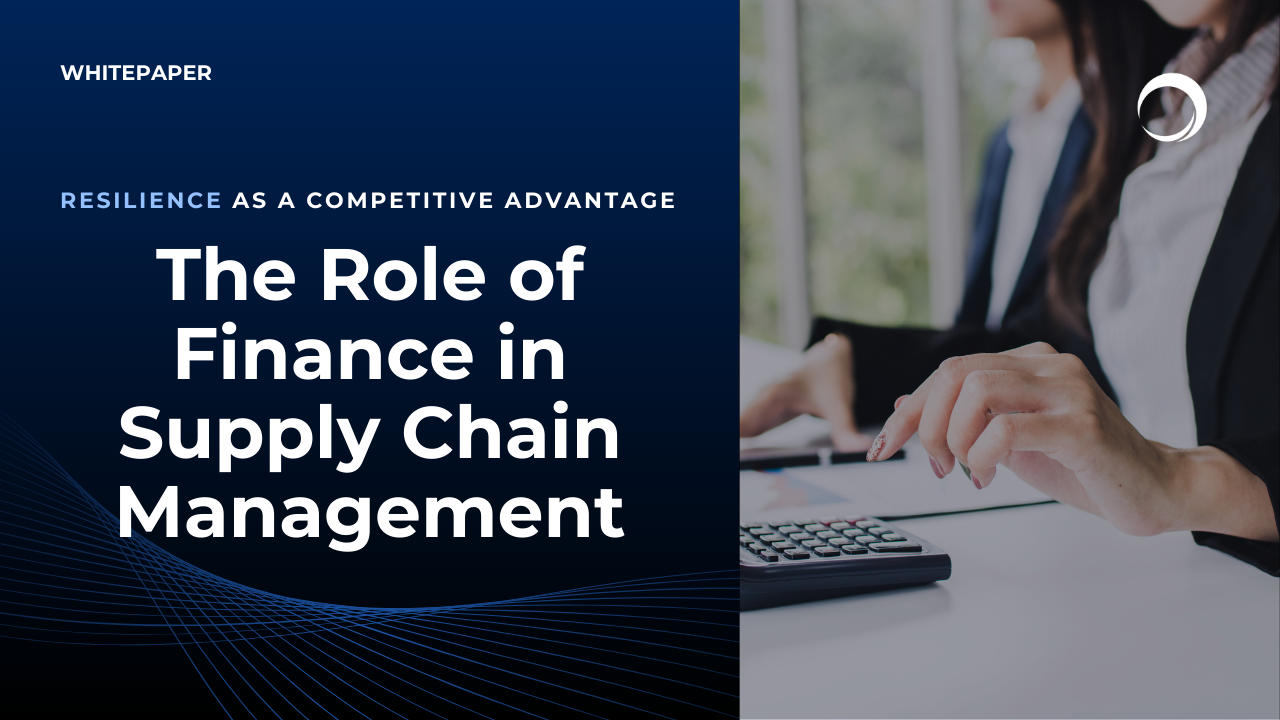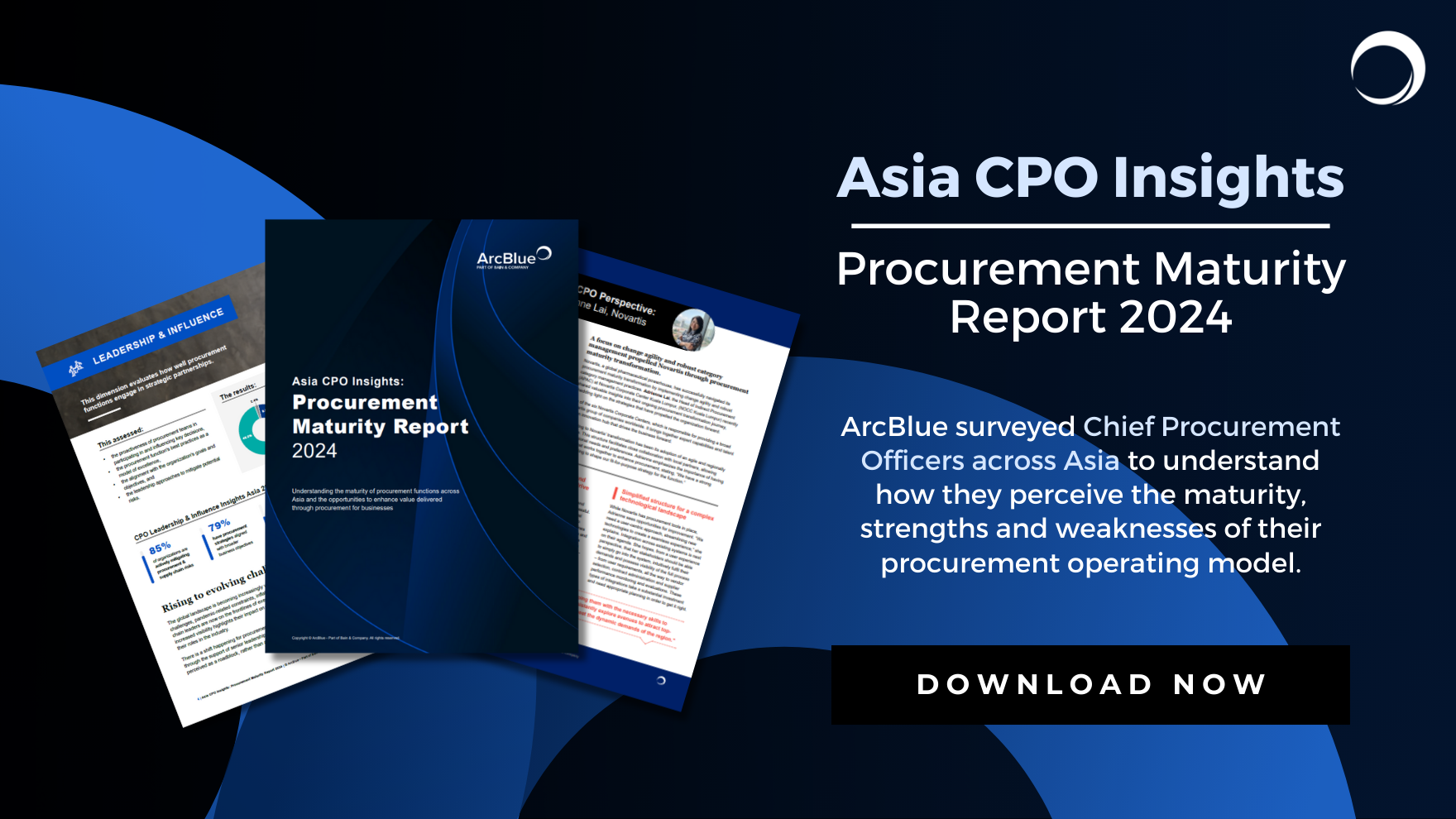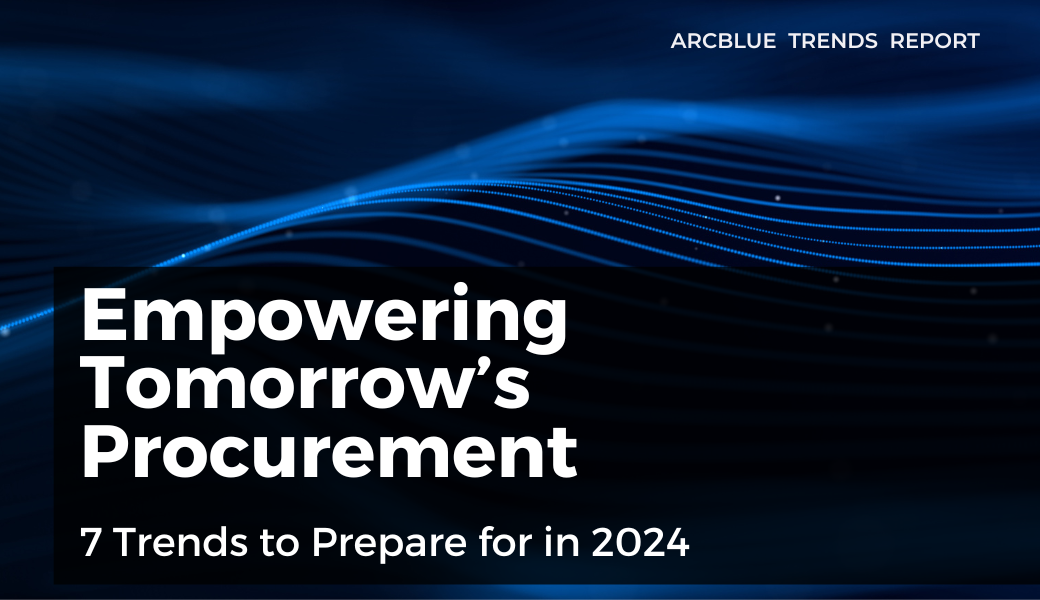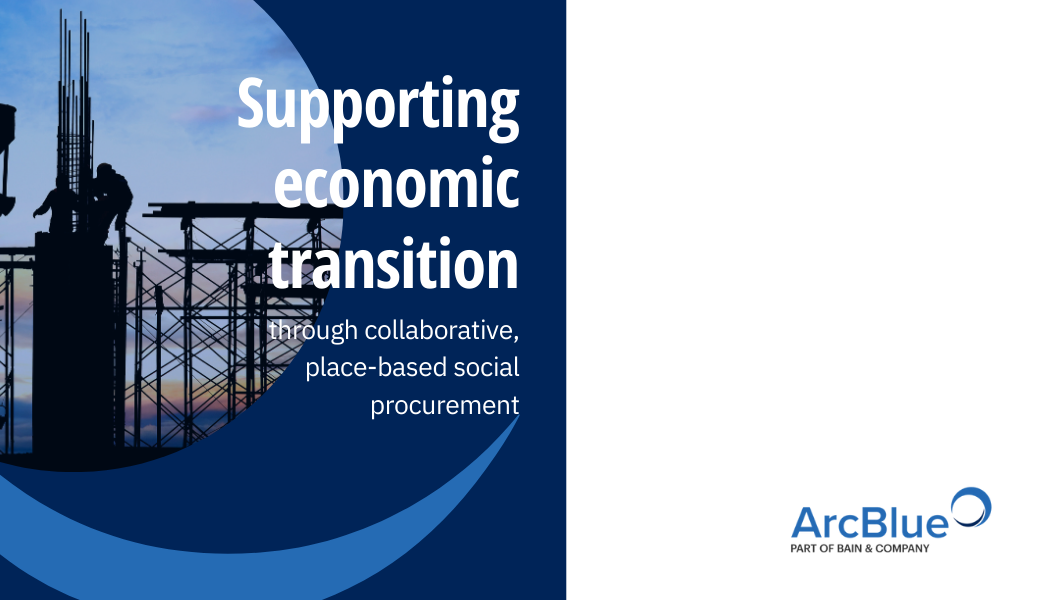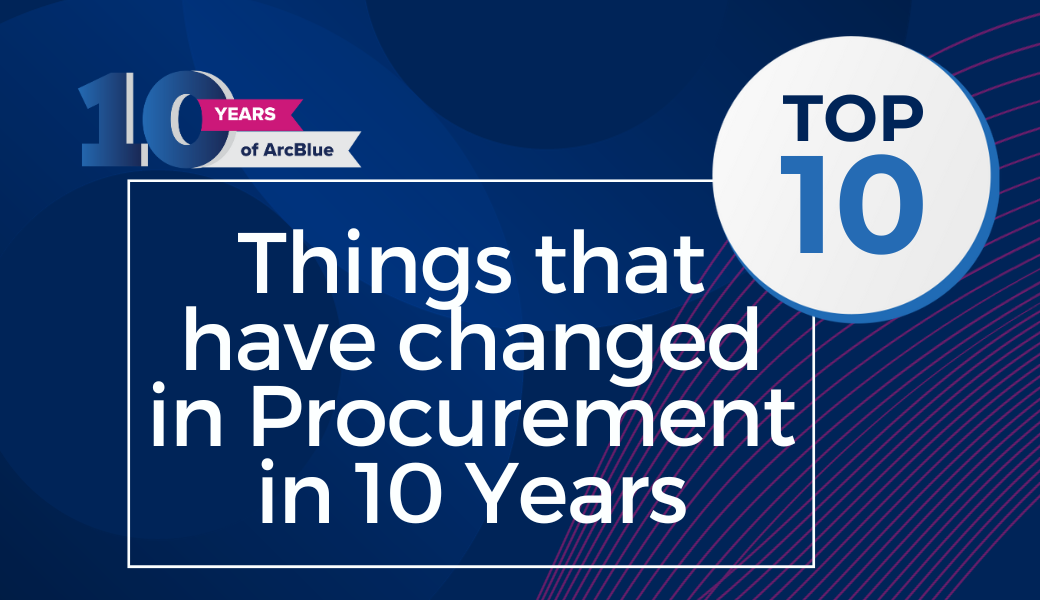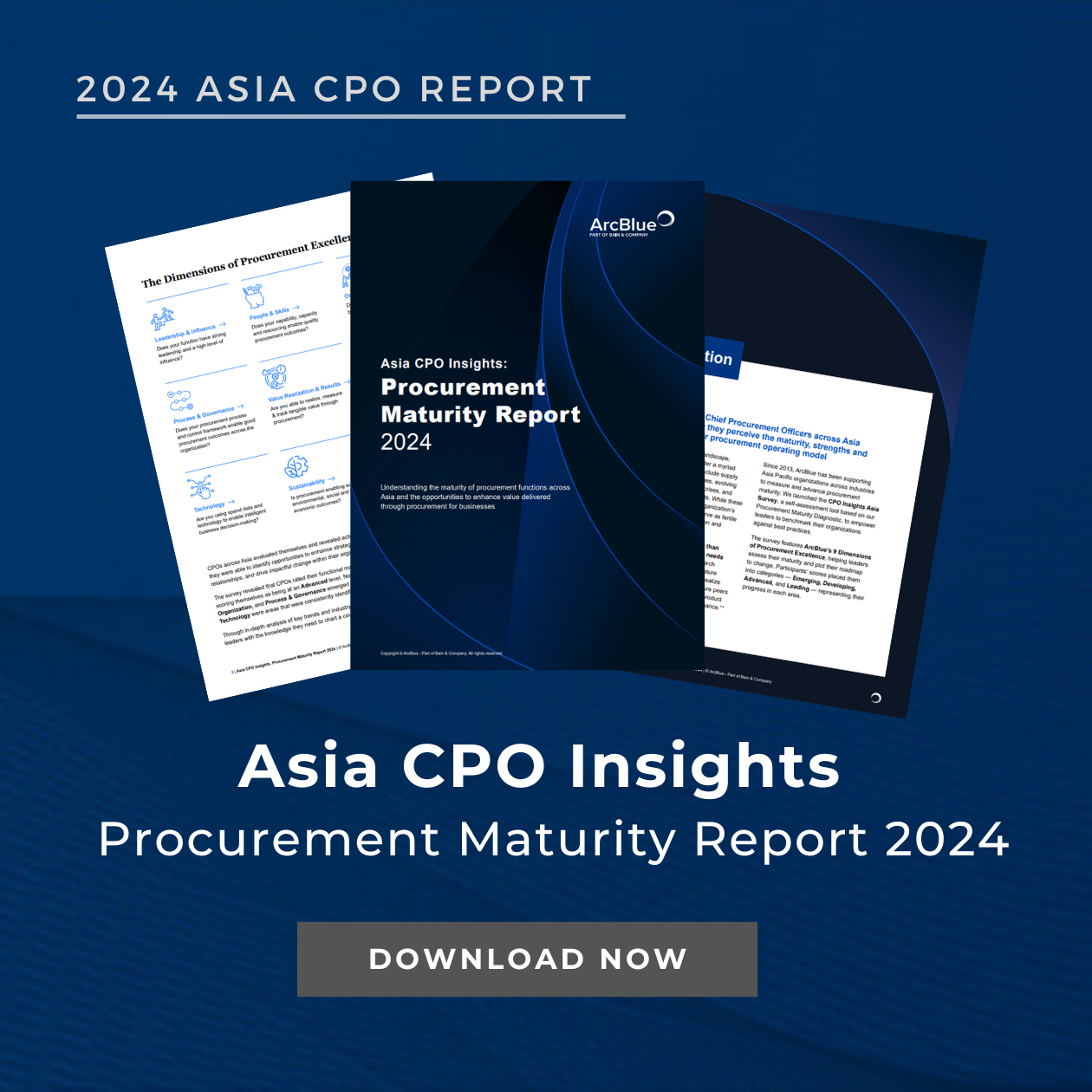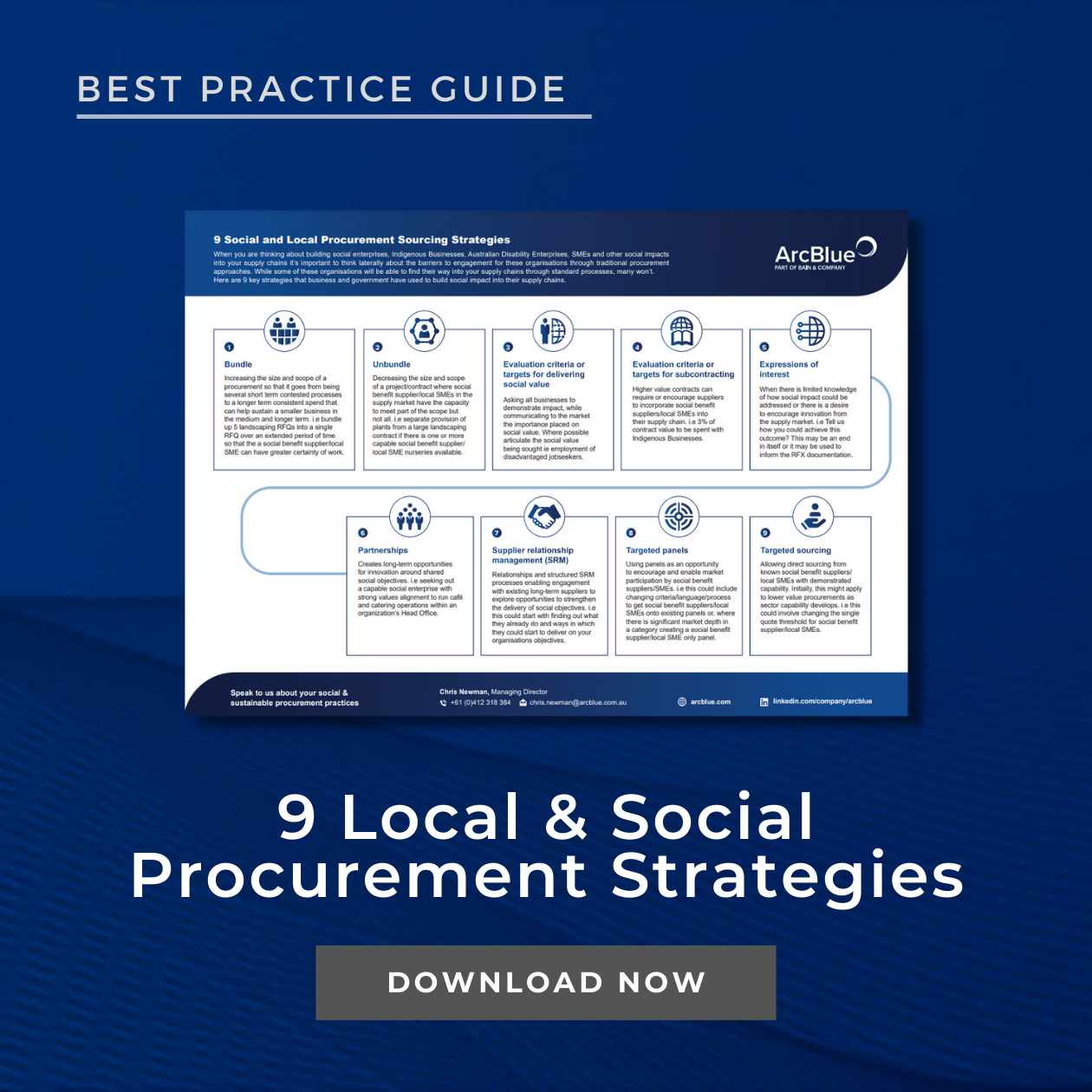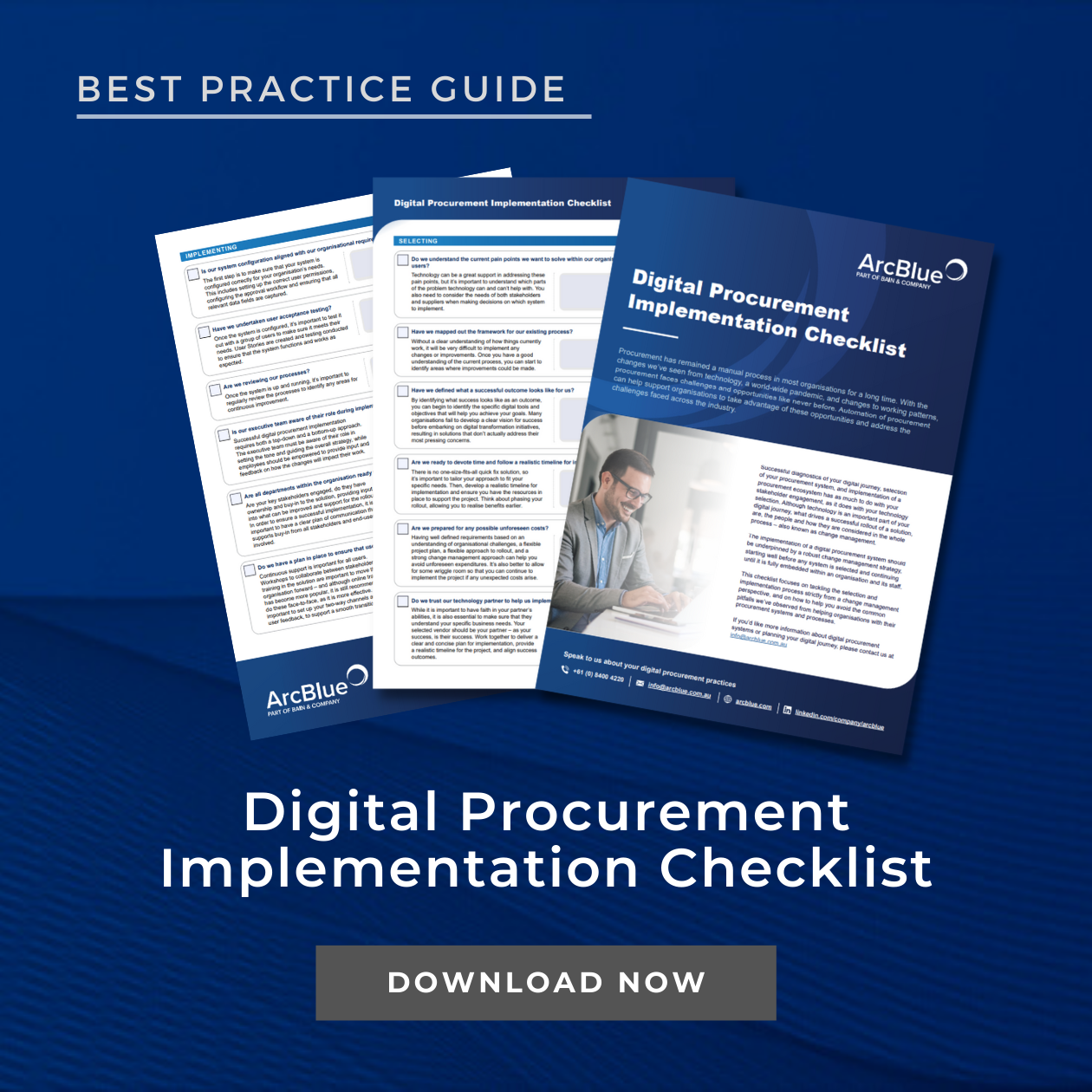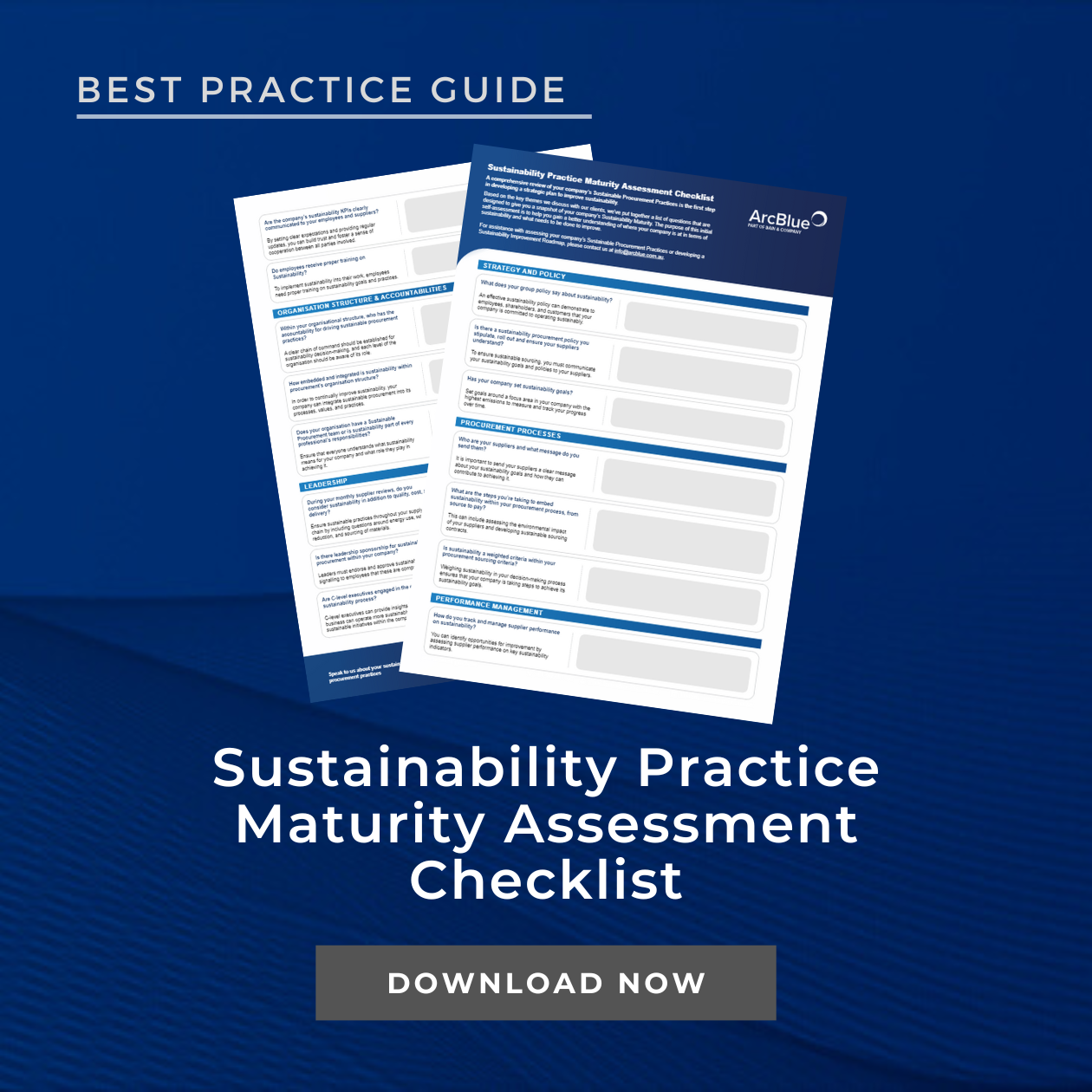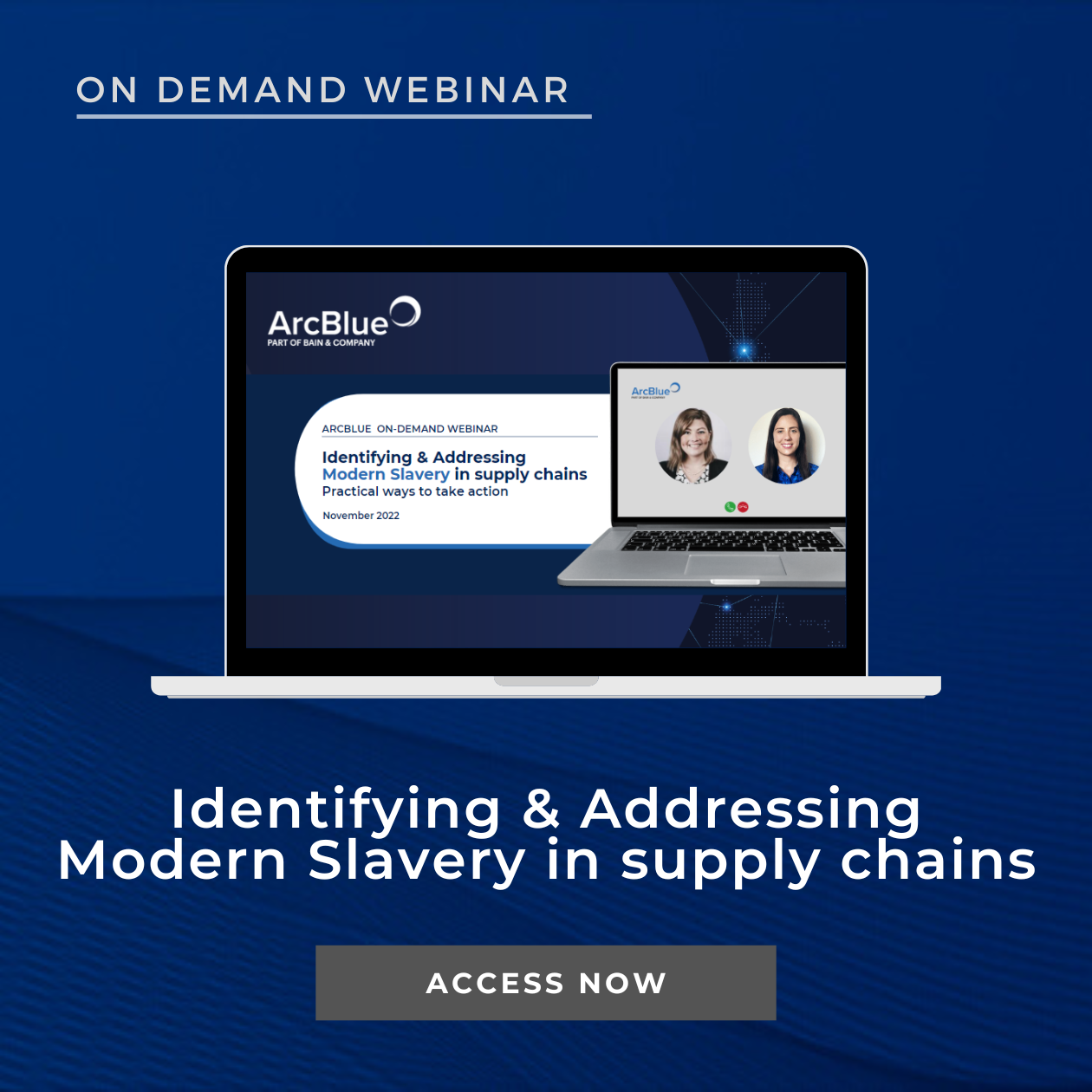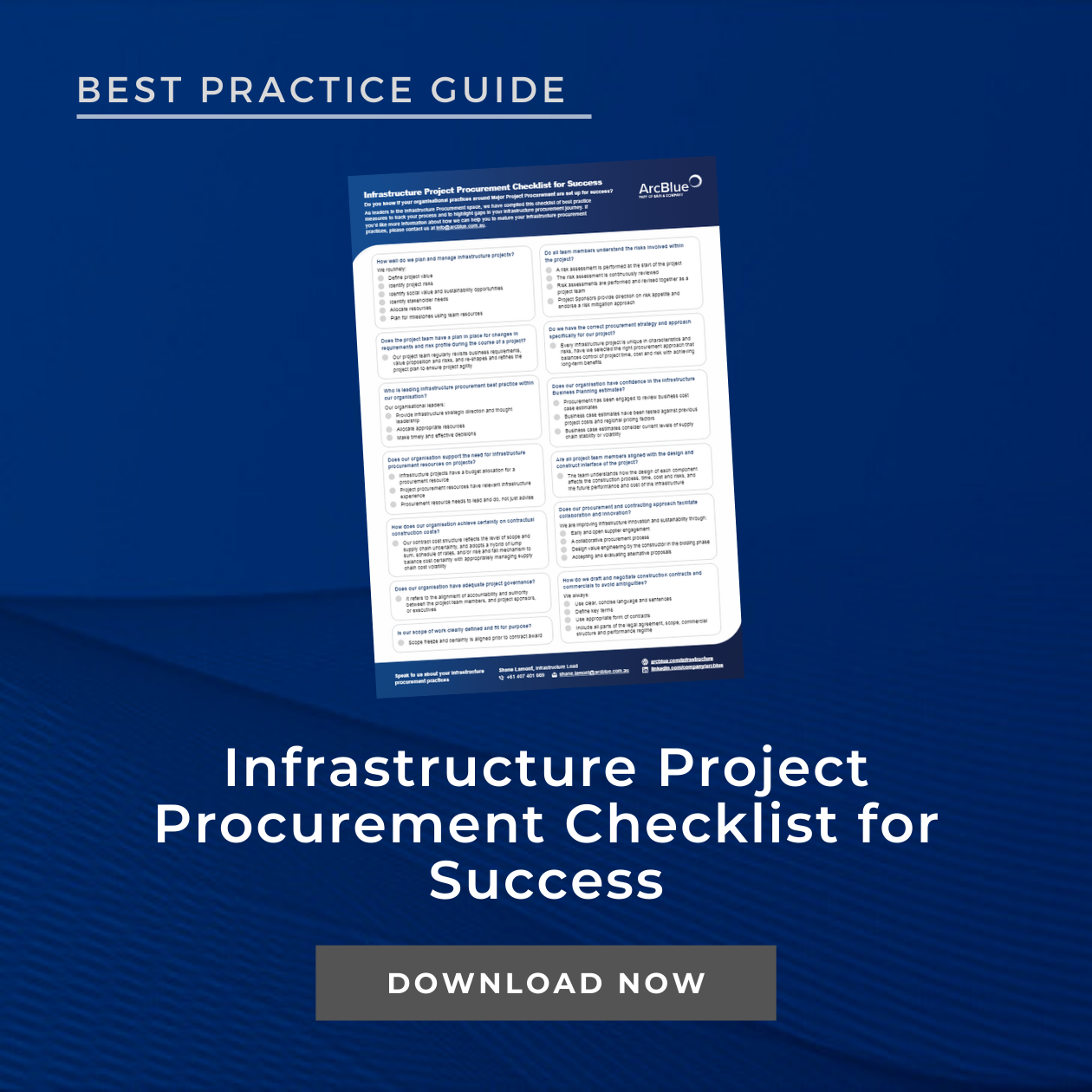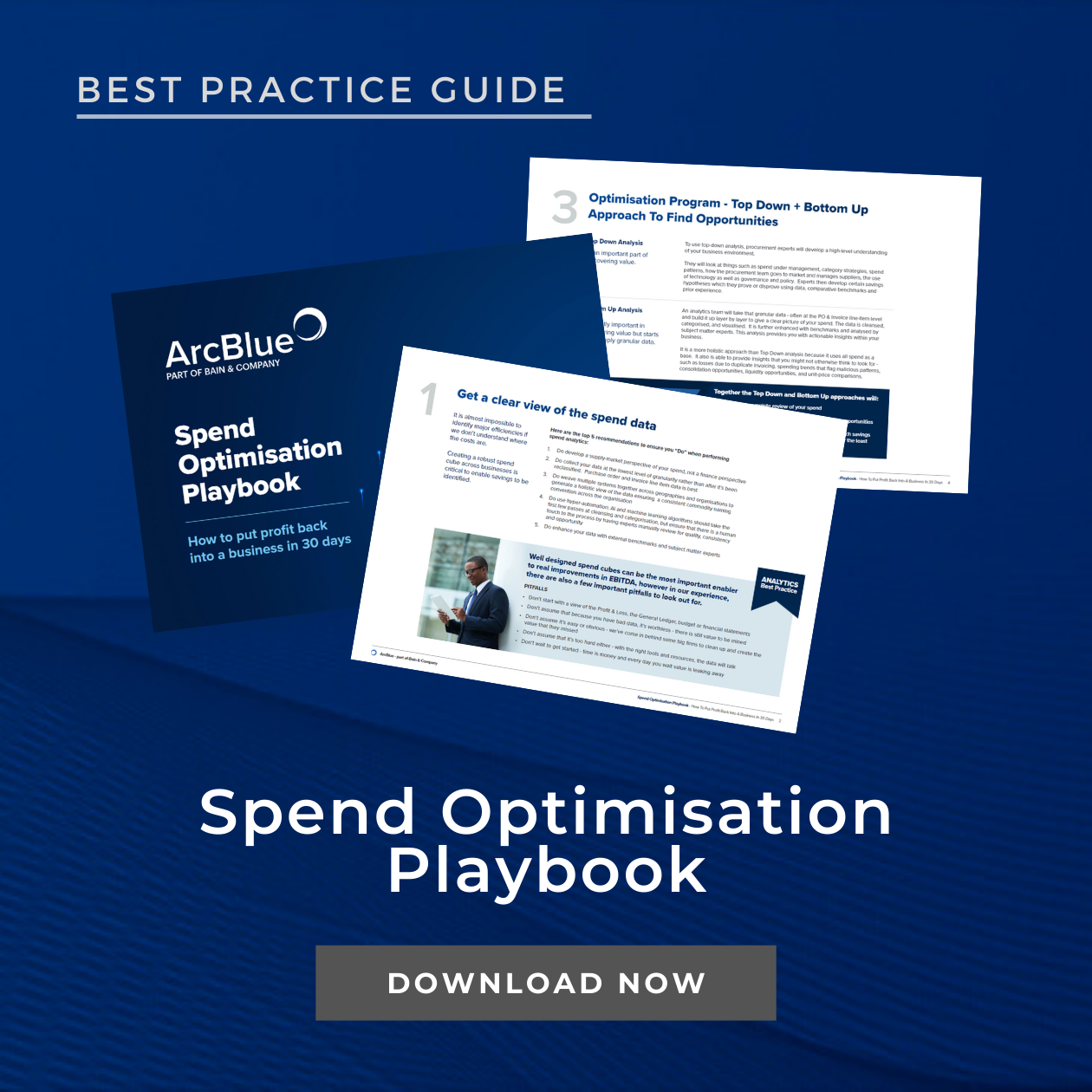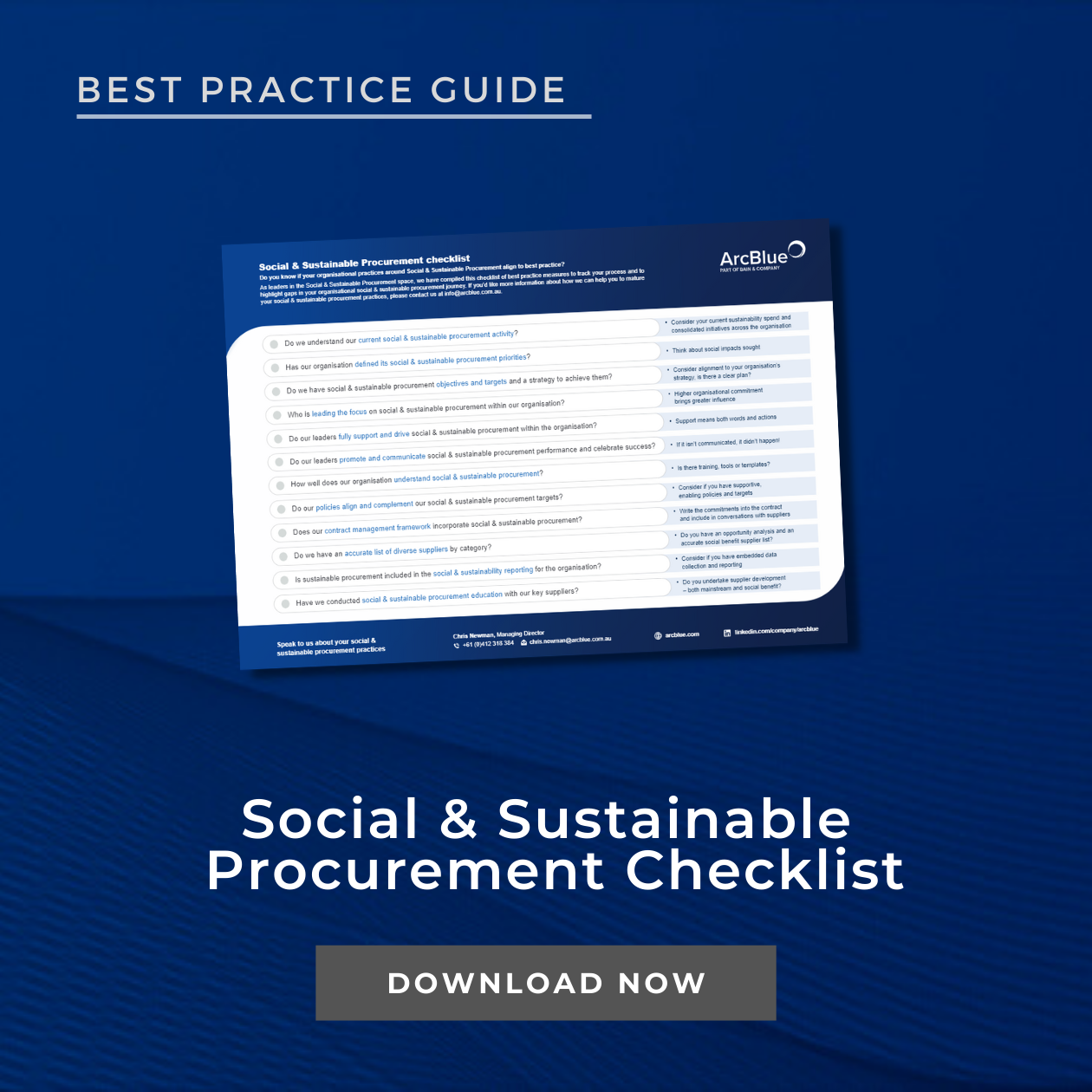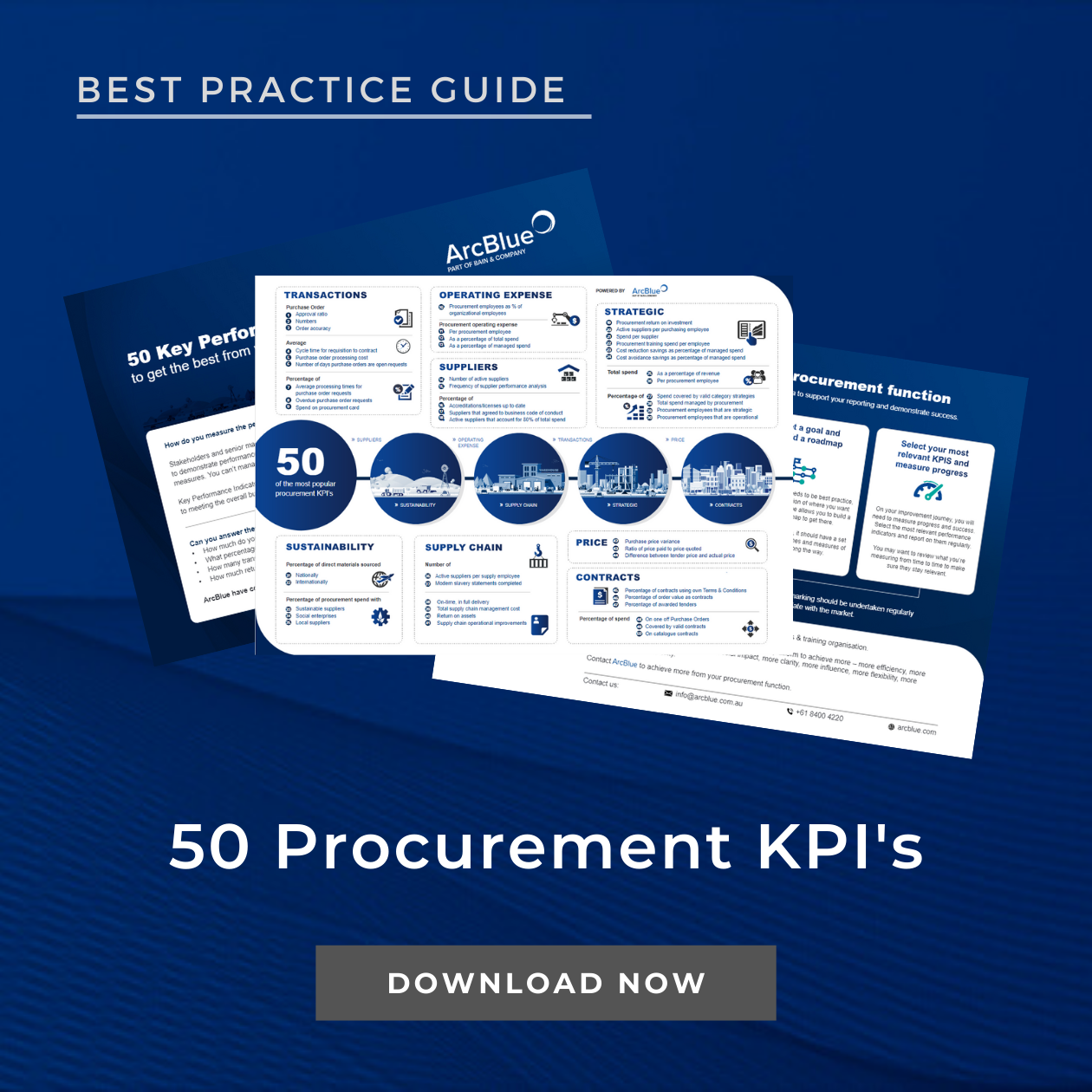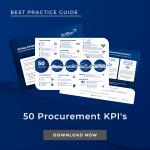- ARTICLE
Spotlight on Modern Slavery
August 2022
More than 49 million people worldwide are subject to modern slavery including 25 million victims hidden within global supply chains. Therefore, it is vital that businesses understand modern slavery risks and their procurers take action to combat this within their supply chains.
Modern Slavery and Procurement
The International Labour Organization (ILO) estimates there are 49.6 million people (as of 2021) worldwide subjected to exploitative modern slavery practices that significantly deny them of their dignity and right to freedom. These practices includes child labour, forced labour, debt bondage, forced marriage, slavery, servitude and human trafficking.
No country is immune to modern slavery, but it is most prevalent within the Africa, Asia and Pacific regions. Modern slavery also impacts all industries and sectors, however, it is more common in the agriculture, domestic work, construction and manufacturing. It is also common in the production and distribution of products such as ICT hardware, garments, fish and cocoa.
More than 25 million modern slavery victims are hidden within global supply chains and many businesses, investors and customers are unknowingly supporting the continuation of these practices. The prevalence of modern slavery in supply chains has been further exacerbated by the COVID-19 pandemic due to increased vulnerability factors. This includes unemployment, lost livelihoods, increased business pressures; and this has weakened efforts to identify and address modern slavery risks.
Current global approaches to combatting
modern slavery in supply chains
In 2011, the United Nations Human Rights Council endorsed the UN Guiding Principles on Business and Human Rights. This was the first globally recognised framework to prevent, address and remedy human rights abuses committed in business operations. There are also other supporting standards such as the ILO’s forced labour conventions and the Organisation for Economic Co-operation’s (OECD) Guidelines for Multinational Enterprises that support responsible business conduct.
These international instruments have been endorsed by many countries and organisations worldwide. In addition, several countries have enacted domestic legislation requiring organisations to undertake and report on actions taken to prevent modern slavery in their operations and supply chains.
The United Kingdom led the way with its Modern Slavery Act 2015 by requiring large commercial organisations to report on the steps taken to deal with modern slavery risks in their supply chains and business. While the UK Act has led to greater risk awareness and thousands of organisations taking positive action, its limited requirements and poor compliance has led to criticism. Several reviews of the UK Act were undertaken and in June 2021, the Modern Slavery (Amendment) Bill was introduced to the House of Lords which proposes new requirements on businesses and public bodies to tackle modern slavery.
The Australian government took a stronger approach to supply chain transparency with its Modern Slavery Act Cth (2018). This Act requires the federal government and large companies to prepare annual publicly available statements which address seven mandatory criteria. A review of the Australian Act is currently underway which will consider its operation so far and if improvements to the Act or compliance are necessary. The Australian State, New South Wales’ (NSW) also implemented its Modern Slavery Act 2021 (Amendment Act) which commenced on 1 January 2021. In addition to the Federal Act’s obligations, the NSW Act imposes supply chain transparency reporting obligations on NSW state-owned corporations and established an Anti-slavery Commissioner.
Several other jurisdictions have also implemented (or are in the process of implementing) legislation to combat modern slavery in supply chains including California (United States of America), Canada, France, Germany, New Zealand and Norway.
Combatting modern slavery in supply chains
Businesses are increasingly doing more to combat modern slavery in a response to growing compliance obligations, corporate commitments and increasing expectations from stakeholders. Some of the key trends ArcBlue has noticed from our work and discussions with clients and our networks are:
- Organisations are passionate about eradicating modern slavery but do not always know where to start.
- Many organisations have not mapped their supply chains and do not have current and complete procurement data. This is vital to undertake meaningful supply chain risk assessments.
- Good supplier relationship management and category management are key to support ongoing due diligence and compliance.
- Significant impact can be made by organisations within sectors or industries working together on the issue of modern slavery.
So, what can you do to help eradicate modern slavery?
- Ensure your organisation’s purchasers/procurers are aware of modern slavery risks.
- Put in place an organisational policy and processes for responding to situations of modern slavery.
- Understand any applicable compliance obligations that apply to your organisation (e.g., modern slavery legislation, UN Global Compact etc.).
- Set clear expectations with your suppliers regarding ethical work practices.
- Map your supply chains and identify modern slavery risks.
- Undertake ongoing due diligence across your supply chains.
If modern slavery is suspected or found in supply chains, it is vital that procurers respond to it in an appropriate, timely, and considered way. This may include seeking support from appropriate advisors, law enforcement agencies and ‘on the ground’ experts to substantiate allegations and take actions that prevent further harm to victims. If it is found that an organisation has caused or contributed to exploitation within its supply chain, it should assist with remediating the harm. It should also carefully consider the potential negative flow on impacts if they were to immediately end commercial relationships with risky suppliers and first seek to work together to combat modern slavery.
*Note: This article contains references to legislation and standards which were correct at the time of writing.
Human Trafficking Statistics and Facts: https://womenonguard.com/statistics/human-trafficking/
Related Services
ArcBlue is at the forefront of social and sustainable procurement and has supported a range of clients with modern slavery awareness training, supply chain risk assessments and practical policies, tools, templates and resources for implementing modern slavery considerations within procurement.
INSIGHTS
RESOURCES & DOWNLOADS







